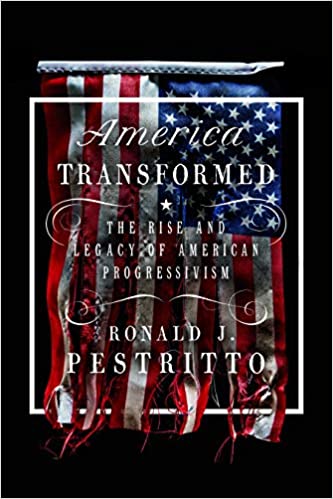The House of Morgenthau
The House of Morgenthau
On Morgenthau: Power, Privilege, and the Rise of an American Dynasty, by Andrew Meier.
As family sagas go, the tale of the high-flying Morgenthaus is hard to top. How many American clans can boast an ambassador in one generation, a Treasury secretary in the next, and, in the third, a legendary prosecutor of four decades’ tenure? Their story, as Andrew Meier tells it in Morgenthau: Power, Privilege, and the Rise of an American Dynasty, offers a rarefied vista of a century’s worth of U.S. history, with family members rubbing shoulders with Woodrow Wilson, Franklin Roosevelt, and the Kennedys. Meier toiled for twelve years to make his thousand-page epic definitive, interviewing all the surviving characters and digesting countless pages of the letters and journals of these compulsive diarists dating back to 1842. At its best, the narrative is fast-paced and utterly absorbing. But too often the focus blurs, the narrative line tangles, punch lines don’t track, and the authorial judgment is merely conventional, its shopworn Democratic Party assumptions unexamined. The tale is great—but greater than the teller.
So let me summarize it for you.





